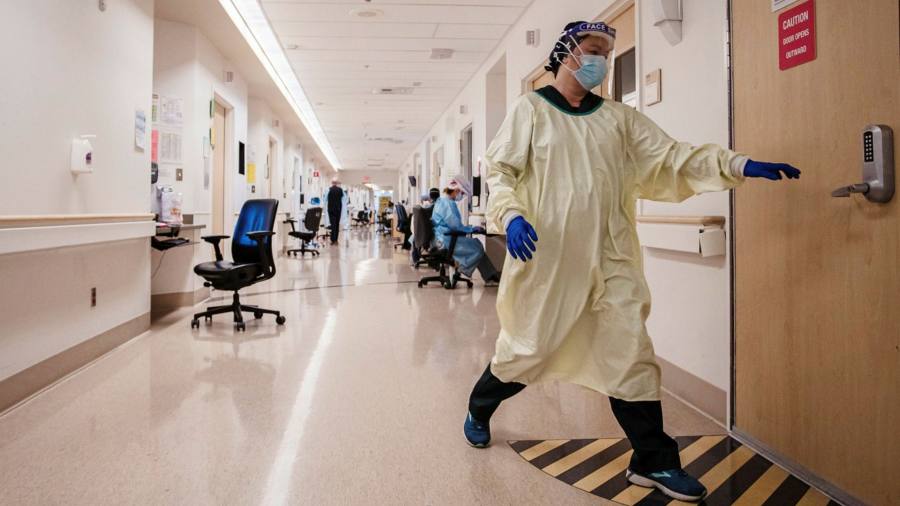The writer is CEO and executive director of the UN Global Compact
“The road to economic recovery should not be across women’s backs,” say three counties in the state of Hawaii that have approved a feminist economic recovery plan for Covid-19 — a first for America and the world.
The Hawaiian plan promises to redress what most governments have chosen to ignore: that this pandemic has been much harder on women than on men. The virus has exposed gender faultlines in myriad ways. Women are 1.8 times more likely than men to have lost their jobs or livelihoods during the crisis. Their unpaid work, including caring for children and elderly family members, increased dramatically during lockdowns. Reports of domestic violence are on the rise. And women are at higher risk of exposure to the virus: they comprise 70 per cent of the world’s healthcare workers, as well as the majority of teachers, cleaners, store attendants, garment workers and market vendors.
The…
